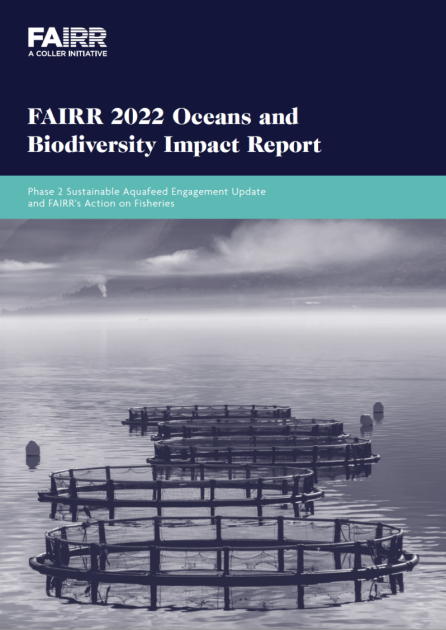
Seafood Traceability Engagement
Overview
Seafood represents 15% of animal proteins consumed worldwide and is the most-traded animal protein in terms of overall value, making up trade flows worth more than beef, pork, and poultry put together. Global demand for seafood is set to nearly double by 2050.
More than any other animal protein, seafood is traded through global, highly complex and opaque supply chains, making it notoriously difficult to track products from catch to consumption. Traceability – defined as the ability to trace a product from the point of production (in the case of seafood, from the vessel or farm of origin) all the way through the supply chain – is essential for companies to better identify and manage their environmental and social impacts, dependencies, and the associated risks.
Traceability can be hard to achieve due to a lack of data, a reliance on paper-based data, and a lack of standardisation of data sets, amongst other challenges. However, there appears to be a growing industry consensus that the benefits of having robust traceability outweigh the costs. In fact, there is increasing regulatory pressure throughout the world for companies to have visibility of their supply chain. Consumers are also asking for more sustainable seafoods. As a result, there are several industry platforms advocating for stronger traceability systems, such as the Seafood Business for Ocean Stewardship (SeaBOS) and the Global Dialogue on Seafood Traceability (GDST).
To ensure that emerging seafood traceability commitments and systems are aligned with best practices, the FAIRR Initiative, with support from World Wildlife Fund (WWF-US), Planet Tracker, the World Benchmarking Alliance (WBA) and UNEP FI’s Sustainable Blue Economy Finance Initiative are bringing key seafood sector investors together to collaboratively engage in constructive dialogues with a core group of companies.
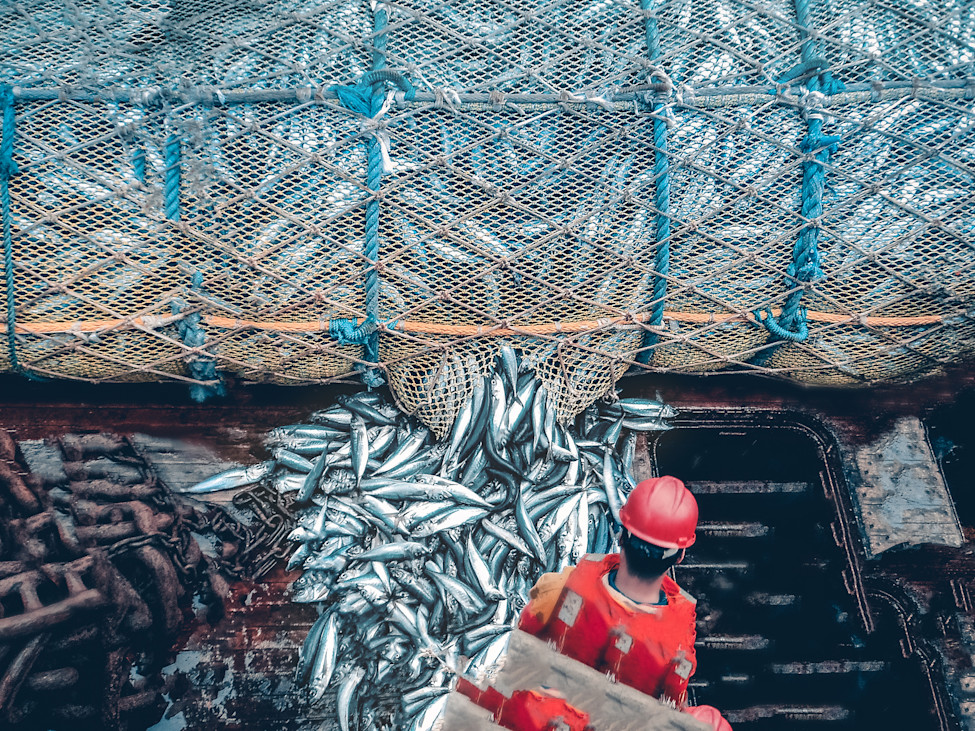
Selected Companies
This engagement focuses on seven of the largest global seafood companies. These companies were included in this engagement based on their sector influence (considering their market capitalisation and seafood revenues) and their “traceability-readiness” (i.e. companies with a Seafood Stewardship Index traceability score greater than zero).
During the 2023-2024 cycle, participating investors have encouraged selected companies to recognise a lack of traceability as a material risk, to develop a traceability commitment or to enhance the quality of their existing commitment, and to make progress towards such targets. Traceability commitments to full-chain, digital and interoperable traceability, as well as associated robust implementation plans, can provide best-practice blueprints for the seafood industry at large.
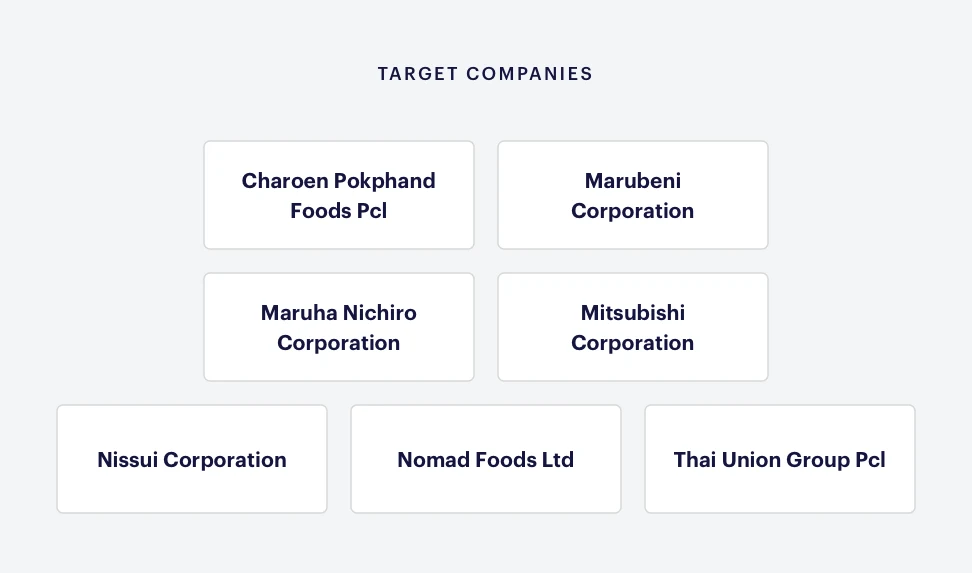
Material Risks
Approximately US $2-3 trillion of seafood-related assets and revenue may be at risk over the next 15 years because of the damage done to our oceans by excessive fishing efforts, reductions in habitat quality (coral reefs and mangroves), nutrient pollution, and disease outbreaks. For seafood companies and their investors, better understanding their impacts and dependencies on nature, and mitigating their exposure to these potential risks, are mission critical: traceability is a key tool to achieve this.
Full-chain traceability would also unlock a huge amount of opportunity, enabling seafood companies to validate sustainability claims and satisfy the growing demand for sustainable seafood, while also increasing their operational efficiency with more and better data. Research by Planet Tracker found that just a small investment in the right seafood traceability systems – as little as 1% of total seafood sales on average – could boost the industry’s profitability by 60%, by helping to cut spending on food recalls and food waste, while strengthening brand reputation and enhancing regulatory compliance. This could then unlock a predicted US $600 billion increase in the valuations of global seafood supply chain companies.
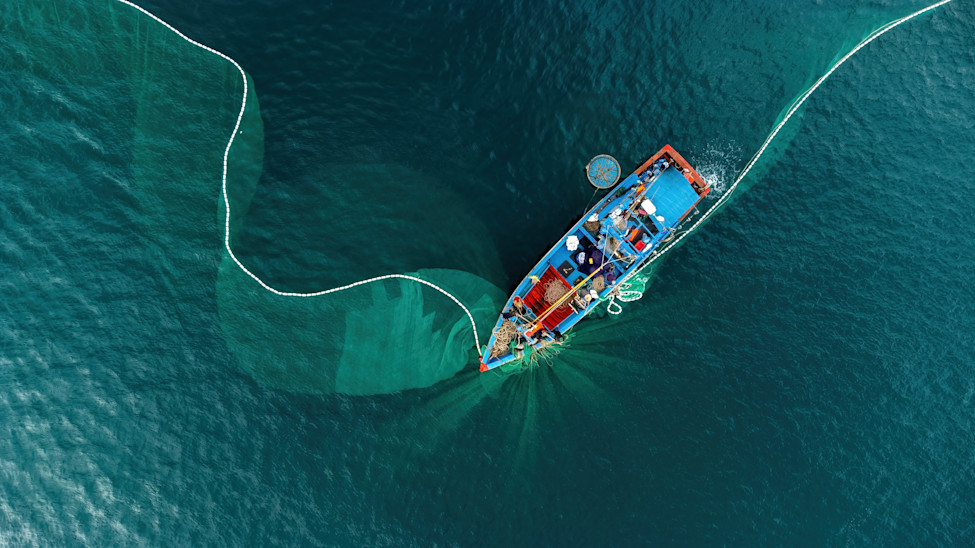
In Collaboration
FAIRR is working alongside World Wildlife Fund (WWF-US), Planet Tracker, the World Benchmarking Alliance (WBA), and UNEP Fl's Sustainable Blue Economy Finance Initiative to support the investor group to develop targeted asks and leverage their collective power to strengthen companies' commitments to and implementation of best practice in seafood traceability.
This engagement is funded by the Jeremy Coller Foundation and the Gordon and Betty Moore Foundation.
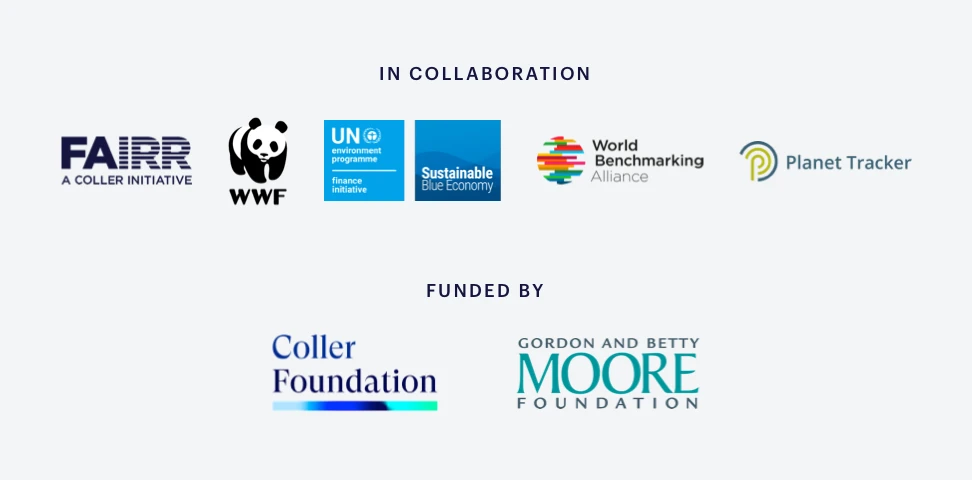
Investors Signed On
Phase 2 of the engagement is now closed for sign-on and was supported by 45 investors, representing US$9.6 trillion in combined assets.
